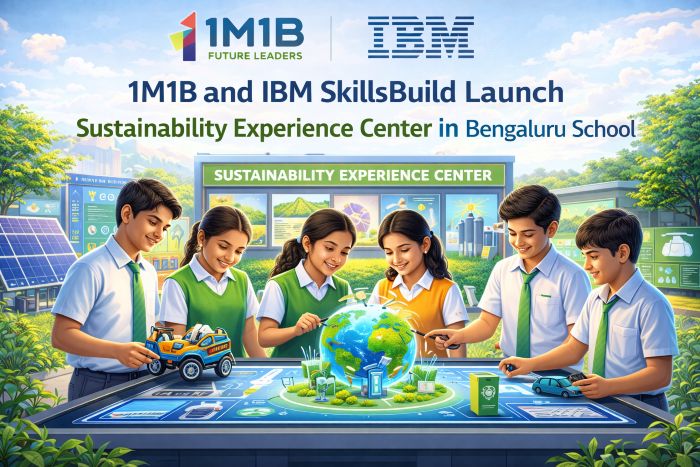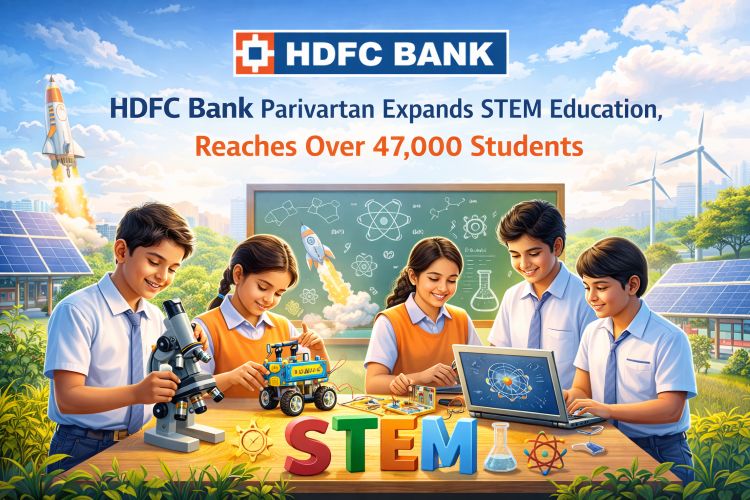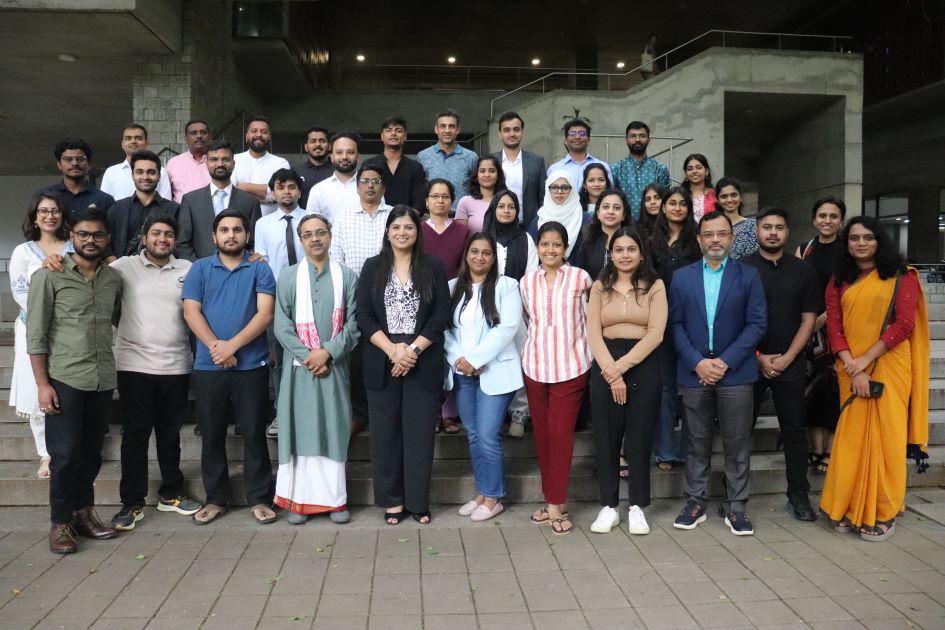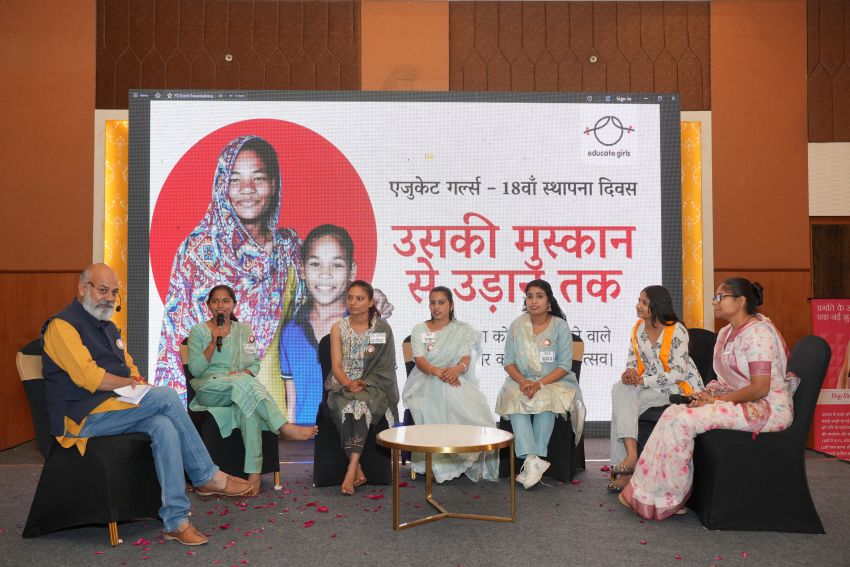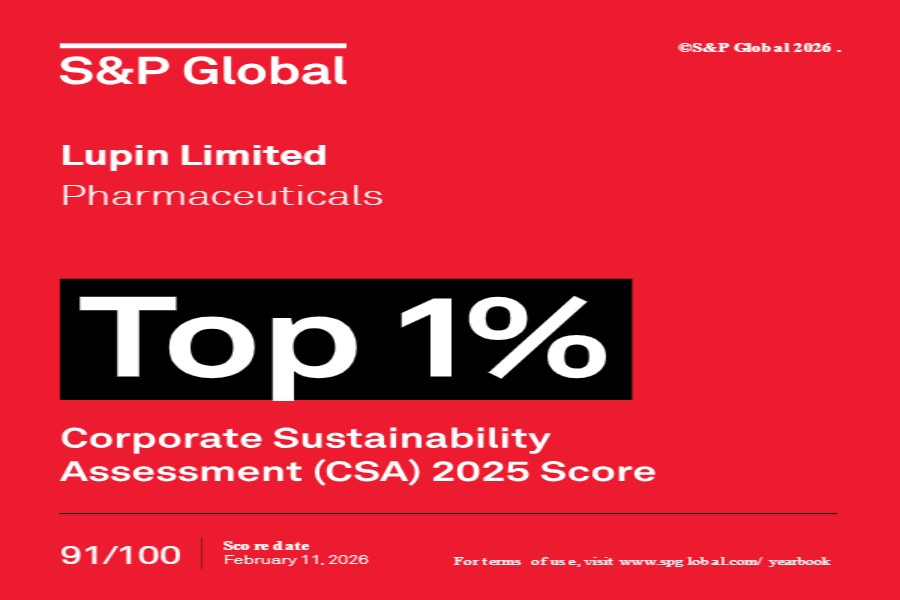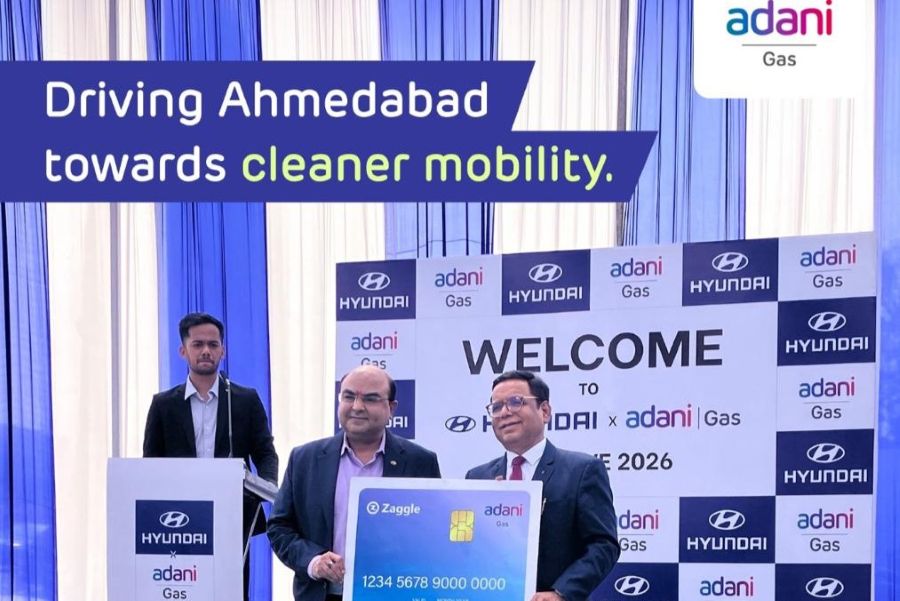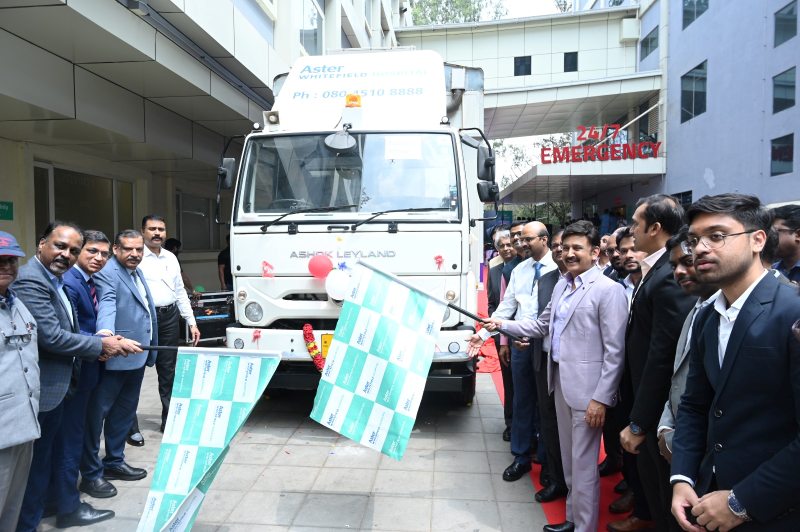Bengaluru, March 19, 2024: Water sustainability and impact group AquaKraft Group Ventures has offered a comprehensive three-pronged solution to address Bengaluru’s water crisis.
Addressing a press conference here on Monday, C Sridhar – Governor, AquaKraft group Ventures said, “One of the most important strategies to mitigate the crisis is roof top harvesting. We have been able to make water bereft villages depending on tanker water, tanker free with simple roof top harvesting. Though rainwater harvesting has been made mandatory, its implementation has been poor. AquaKraft will embark on “Jal Pe Charcha” an extensive advocacy programme engaging all stakeholders to catch the rain and recharge the ground water table.”
Since Bengaluru has been a recipient of good rain showers for years, the key lies in effective utilisation of the waters received.
“Monsoon is seasonal, sewage is perpetual. Our vision is to leverage the sewage generated daily in Bengaluru City and use the excess treated sewage to recharge the dry borewells and augment the ground water table irrespective of rain. Added to that, incentives for rain water harvesting will complement this efforts leading Bengaluru to water positivity. A multifaceted problem requires a multifaceted solution through multi stakeholder initiatives. We take this opportunity to invite all stakeholders including citizens, corporates, CSR and administrative bodies to come together and make the city of Bangalore ‘Water Positive’ through collective efforts,” said Dr Subramanya Kusnur, Founder Chairman & CEO, AquaKraft Group Ventures and New Water Man of India.
Of the three-prong solution, the first prong constitutes a real-time IOT based system for monitoring the rain water harvesting structures to understand their efficiency, capture and recharge readings.
The second prong envelopes the treatment of sewage and effluents by employing AquaKraft’s nature based, time tested, green & sustainable sewage treatment plants that consume no power, use a bio process with no usage of any chemicals, no odour, recovering over 95 percent of the water that is fit for recharging the underground aquifers.
The third prong stems from an understanding of the capital-intensive nature of the STPs. To this effect AquaKraft has structured a sustainable financing model to fund sewage treatment and water recycling wherein the stakeholders enter a water purchase agreement akin to power purchase agreement, address their captive needs and offer the excess water for groundwater recharge or other consumption.
All initiators of rain water harvesting, STPs and groundwater recharge will be monitored using real-time IOTs and the data will be used for integrated water risk management and policy making. This good behaviour in water will be incentivised by issuing AquaKredits – Water Credits after monitoring water use and efficiency on AquaKraft’s digital innovation, AqVerium – World’s 1st Digital Water Bank.
With about a staggering 86 per cent of the water needs of the urban areas being met by extracting groundwater, the centrality of groundwater to the existing crisis cannot be denied. With an estimated 1000 million litres of sewage being discharged into the city’s lakes and reservoirs that once functioned efficiently as sites for rainwater capture and groundwater recharge, it has also become clear that sewage treatment and water recycling form a complementary piece of the puzzle that is the Bangalore water crisis.
The Bengaluru Water Supply and Sewerage Board in the past had taken proactive measures to pass a regulation making rainwater harvesting compulsory for houses having an area of 1200 square feet or more to reduce the stress on groundwater. However, the implementation of this resolution has not yielded the desired results. Additionally, there is no central or local system to keep a track of the harvesting structures, their capture measurements, efficiency readings, recharge rates etc. The same also applies to the rules regarding the mandatory installation of sewage-treatment plants (STPs) in residential, commercial and educational institutions that has been revised a few days back owing to the economic infeasibility for smaller sized stakeholders.




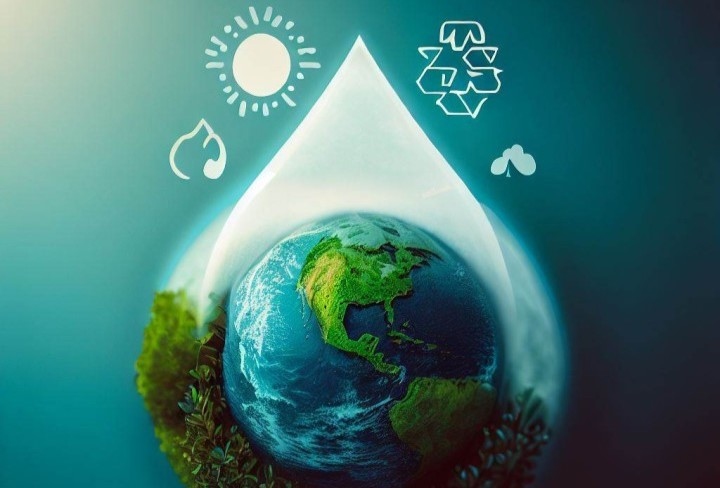
 (1).jpg)
